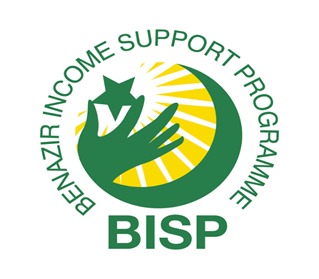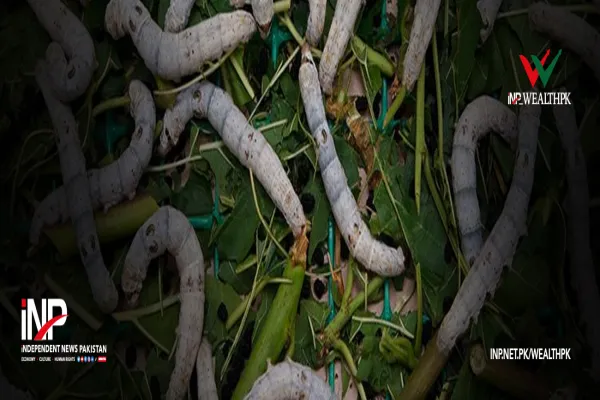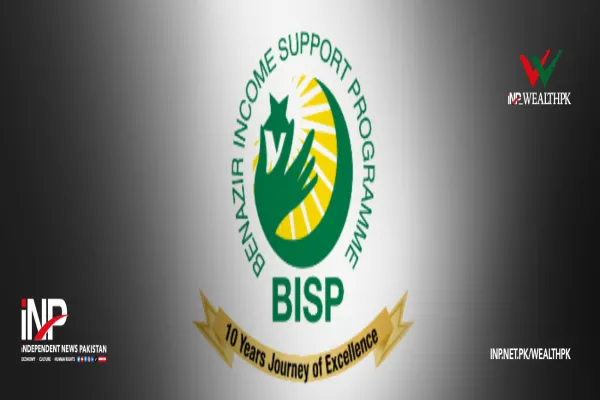i INP-WEALTHPK
By Abdul Ghani
The government of Pakistan plans to launch a new interoperable digital payment model for the Benazir Income Support Programme (BISP) beneficiaries by June 2026, according to a document exclusively available with Wealth Pakistan.

The initiative is designed to empower millions of vulnerable households by reducing their dependency on a handful of banks and offering greater flexibility, access, and transparency in payment delivery. According to official documents, the reform builds on the successful completion of a pilot phase, in which 4,000 beneficiaries received digital financial literacy training by January 2024. That pilot was supported by Unicef and the German development agency GIZ.
The second phase would scale up this training to an additional 250,000 beneficiaries across Pakistan, covering sessions on financial planning, decision-making, hygiene, safe use of digital tools, and access to government services. Materials have been developed in Urdu and other local languages to ensure accessibility and cultural relevance. The new interoperability model will shift BISP’s disbursements from the current system —where only a few designated banks handle transfers — to a more open and competitive structure. Payments will be linked directly to CNIC-based digital accounts or wallets, enabling beneficiaries to withdraw funds through commercial banks, branchless operators, agents, ATMs, or other authorised digital platforms. This change will expand choice for beneficiaries, promote efficiency and competition, and reduce the risks associated with over-reliance on specific financial institutions.
Officials stressed that this model will help create a more resilient, inclusive, and transparent payment ecosystem. By broadening access channels, the government seeks to minimise payment delays and improve the overall experience for low-income households who depend on BISP transfers. The reform also aligns with Pakistan’s wider agenda of digital transformation, financial inclusion, and poverty alleviation.
Over the years, BISP has evolved from simple cash disbursements into a broader platform for social protection, health, and education-linked support. With more than nine million beneficiary families, it remains central to the government’s poverty reduction efforts.
The transition toward interoperable digital payments comes at a time when Pakistan is pushing for deeper financial inclusion and digitisation of government services.
The country’s financial inclusion strategy highlights the need for expanding access beyond urban centres, especially for women and rural households. Experts believe that BISP’s shift to an interoperable system could serve as a catalyst for broader adoption of digital wallets, branchless banking, and fintech solutions, reinforcing Pakistan’s progress toward sustainable and inclusive growth. The government has confirmed that this new approach will be fully implemented by June 2026, marking a major milestone in the modernisation of Pakistan’s social protection and financial services infrastructure.
Credit: INP-WealthPk









